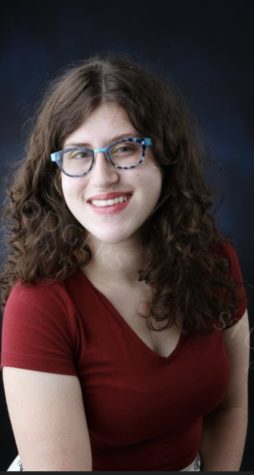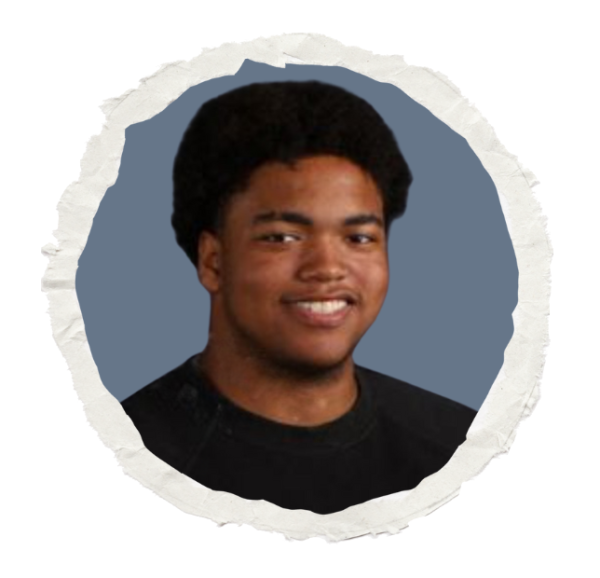Opinion | ETHS needs to acknowledge Jewish holidays
November 10, 2022
As ETHS’ Jewish students celebrated Rosh Hashanah and began the year 5783 on Monday, Sept. 26, a concerning issue became obvious. Although ETHS is generally friendly to Jewish students and staff, giving both Rosh Hashanah and Yom Kippur off, many teachers, and therefore students, remain completely oblivious to the holidays.
Because of the way ETHS organizes the calendar, the holidays are marked as just non-attendance days with no indication that they hold religious significance. Granted, this is also true of holidays like Christmas and Easter, but no one, not even non-Christian people, need to be reminded when it’s Christmas. This disconnect led to some teachers assigning heavier workloads than they would on an average weekend, assuming that students would have extra time to complete assignments and projects. However, for the Jewish students at ETHS, this was patently untrue, as many of us were spending hours in High Holiday services. Even the Jewish students and staff who don’t attend services should be allowed to spend the holidays resting and spending time with their families if they so choose.
If ETHS teachers mandated that their students complete excessive assignments on Easter, they would have students protesting in the halls outside of their classrooms. If the calendar treated Dec. 25 as a regular non-attendance day, the confused emails from parents would be uncountable.
“I have had this conversation with some of my employees as well. Have you ever thought to assign homework on Christmas day before? How about Easter [or] Good Friday?” says Spanish teacher Curt Gladstein, who is Jewish.
Even if we remove the factor of homework from the equation, I still believe that Jewish students deserve to have our important days acknowledged by our teachers. Although many teachers bypass the holidays altogether, some see the importance of making their students feel comfortable. History teacher Jessica Harrison, who is not Jewish, is one of those teachers.
“I grew up with a really ethically [and] religiously diverse friend group, and I’ve always taught in and been part of communities where a lot of faiths are represented and celebrated. I make a practice of being aware of my students and their identities and celebrating them. I think religion is such a key part of peoples’ identities. It makes people [feel] seen and like they belong with you,” says Harrison.
It would be an oversight not to acknowledge that this is far from just a Jewish issue. Any member of a non-Christian faith has, at some point, had to deal with their religious celebrations being ignored. For example, this year, the SAT and PSAT were administered on April 13 and 14 respectively, right in the middle of Ramadan, meaning that Muslim students had to take the tests while fasting.
Former Superintendent Dr. Eric Witherspoon’s statement, which is displayed right next to Entrance 1, says “We embrace one another’s religion and your right to your own personal customs and beliefs.” However, by crowding Jewish students with work over the holidays and disregarding them altogether, ETHS is not following this principle. In order to be more inclusive to students of all faiths, ETHS should raise awareness for non-Christian holidays and mandate that teachers refrain from giving homework on all religious holidays.





















S M • Sep 24, 2023 at 2:42 pm
At least there’s a holiday. Muslim students NEVER get a day off for Eid. Last I asked Dr. Witherspoon he curtly referred me to the policy for student leave.